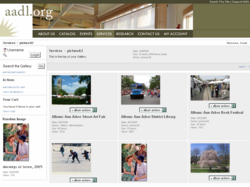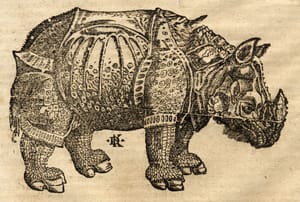 I see that On Beauty is for now on top of the list of ‘hot books’ at the justly admired Ann Arbor District Library website.
I see that On Beauty is for now on top of the list of ‘hot books’ at the justly admired Ann Arbor District Library website.
It must be because of the Open WorldCat reviews 😉
While I was there, I noticed the Director’s Blog, in which there was real exchange about issues. I was intrigued to see the PictureAnnArbor initiative, where library users are invited to contribute their community memories in the form of images. The library will scan them, or accept them in digital format. The mission of the initiative is to “gather, capture and share information and images that reflect everyday life in our community.” Like others, this library has initiatives looking at moving the historical record onto the web. What is interesting with PictureAnnArbor is that the library is offering a platform on which library users can offer their materials for sharing.
In conversations about preservation, I often wonder about community information. Materials that were once in the parish newsletter, on the community noticeboard, or in the photocopied club minutes, are moving to the web. Communities are being discussed, presented and recorded through new network tools [a telling Flickr slideshow]. The library may have collected a part of this community record in the print world. What is currently happening in the web world? Are libraries actively looking to select, capture and retain this digital record of community and communities? I was reminded of what I had written over ten years ago:
That there is a role for the public library in describing the explicit relationships and objects which are evidence of a community and its sense of itself, or rather of the more or less multiple communities which share any library, is agreed. Local history records; sport, art, culture, social activities: these can be noted and described. At one end this perhaps shades into tourist information, at the other into archives. Individually such services provide value; made available as a network resource and brought into the same context of use as other such resources, that value is much enhanced. [public libraries and the information superhighway]
Somewhat prolix maybe, but we are still in early days for this kind of work. It is good to see how AADL are opening up to new ways of capturing community memories. What would happen if these materials were made available for annotation Wiki-style by the community, to provide context and detail?



